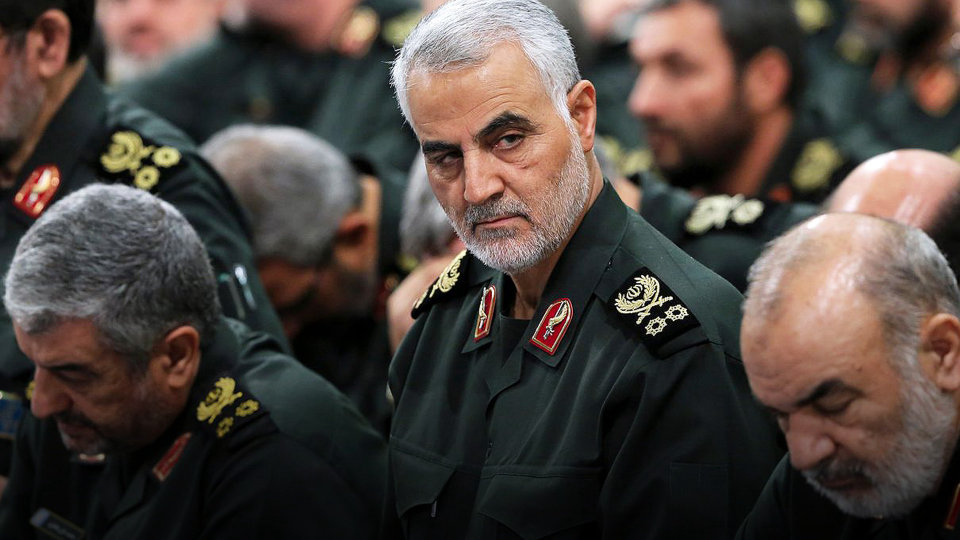By: Alan Dershowitz – wsj.com – January 5, 2019
While reasonable people can debate the wisdom of killing Iranian Maj. Gen. Qasem Soleimani, there is little doubt that President Trump acted lawfully—under both domestic and international law—in ordering his death. The president has the constitutional authority to take military actions, short of declaring war, that he and his advisers deem necessary to protect American citizens. This authority is extremely broad, especially when the actions must, by their nature, be kept secret from the intended target.
Congress has the sole power to “declare war,” but it hasn’t formally exercised that power since World War II. Since then, the U.S. has fought long and costly wars in Korea, Vietnam, Iraq and Afghanistan.
To be sure, there have been congressional votes, often vague and controversial, authorizing some military actions, while others were conducted without any congressional input. And there are serious scholarly debates about whether full-scale undeclared wars are constitutional. The courts have declined to resolve that question. But there can be no serious debate about the president’s constitutional authority to order a single attack on an enemy combatant who has killed and is planning to kill American citizens. Presidents Bill Clinton, George W. Bush and Barack Obama issued such orders.
Critics of the order to kill Soleimani claim that this military action was different, because it could provoke a full-scale war if Iran decides to retaliate. They argue that Congress must authorize any military action that might result in an all-out war, declared or undeclared. But virtually any military action could escalate into a war, as evidenced by the 1914 assassination of Archduke Franz Ferdinand, which started World War I.
The targeting of Soleimani was more justified, as a matter of law, than the targeting of Osama bin Laden in 2011. The killing of Soleimani was in large part an act of prevention, whereas the killing of bin Laden was primarily an act of retaliation. Would anyone doubt that if Mr. Clinton had succeeded in killing bin Laden before 9/11, as he tried to do, such an action would have been legal under American law? So, too, was it legal for Mr. Trump to order the targeted killing of Soleimani, who was planning to continue his killing spree against Americans.
The killing of Soleimani was also entirely legal under international law. The Quds Force commander was a combatant in uniform who was actively engaged in continuing military and terrorist activities against Americans. The rocket that killed him and a handful of others was carefully calibrated to minimize collateral damage, and the resulting death toll was proportionate to the deaths it may have prevented.
The killing took place in a foreign country, but so did the killing of bin Laden and others who have been targeted. U.S. military and civilian personnel are in Iraq with Baghdad’s approval and have the legal authority to protect Iraqi and American citizens and to neutralize threats to their lives. All the relevant criteria for legality under international law—using authorized and proportionate force to kill a combatant who is engaged in continuing violence—have all been met in this case.
Why then are so many accusing Mr. Trump of acting unlawfully under both domestic and international law? Would the same legal criticism be leveled at Mr. Clinton or Mr. Obama if he had successfully targeted Soleimani? Are the legitimate concerns about the wisdom of the action motivating the baseless criticism of its legality?
Whatever the motivations for trying to find or invent legal objections to the killing of Soleimani, such efforts are dangerous because they could constrain future presidents from taking military actions that are necessary and proper to protect Americans. Let’s continue to debate the wisdom and long-term implications of Mr. Trump’s decision, but let’s not conflate wisdom and policy with legality.
To see this article and subscribe to others like it, click read more.
 Listen Online
Listen Online Watch Online
Watch Online Find a Station in Your Area
Find a Station in Your Area









 Listen Now
Listen Now Watch Online
Watch Online
